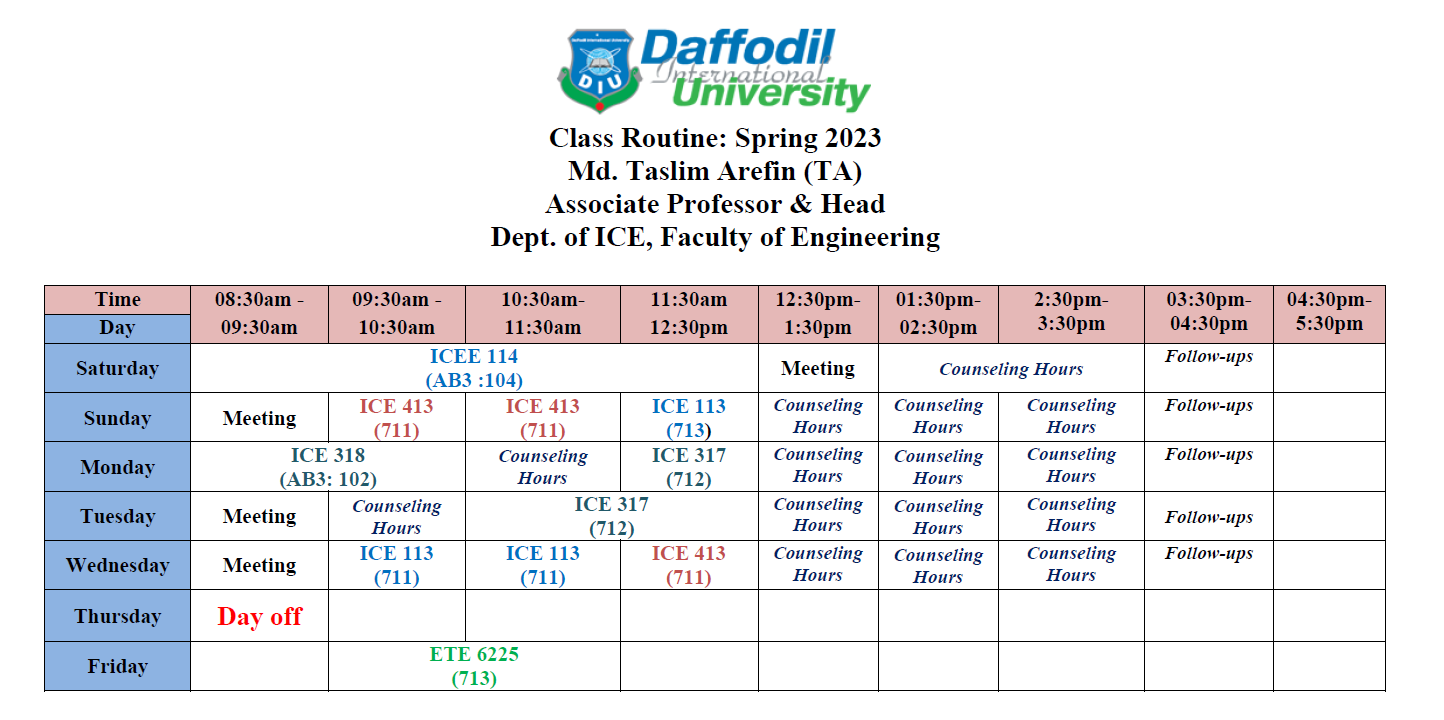Section outline
-
Course Objectives
- To develop a profound knowledge of wireless and mobile communication.
- To analyze hands-on problems in wireless communication.
- To design wireless and cellular networks.
- To improve communication skill through presentations.
- To develop leadership quality through Group work.
- To build up decision-making ability through assignments.
- To expand confidence by doing various practical problems.
- To become efficient by solving real-life problems through case studies.
Learning outcomes
- Able to describe signal and system and it’s properties.
- Able to learn wireless networks and their typologies.
- Able to learn omnidirectional and directional antennas and their applications.
- Able to learn Digital and Analog signal Encoding and spreading Techniques.
- Able to learn different error detection control methods.
- Able understand cellular networks architecture.
- Able to learn Cellular network Generations and Functions.
- Able to learn Cordless Telephone system.
- Able to Learn WLL, WLAN, Wireless Ad-hoc Networking technology.
- Able to realize the outcome of the course and its application in the professional field.
Course Contents:
- Introduction to the course and necessary materials.
- Introduction to wireless communication & history.
- Transmission Fundamentals, Analog and Digital data transmission Channel capacity, Multiplexing.
- Wireless communication networks, topologies, Switching techniques.Circuit Switching, Packet switching.
- Antennas, Propagation modes.
- Multi-path Propagation, Line of sight transmission, Fading in Mobile environment.
- Signal encoding techniques & Spreading methods.
- Error detection and correction methods.
- Cellular wireless networks organization and fundamentals.
- Evolution of 1G, 2G, 2.5G 3G wireless networks.
- Cordless Telephone System
- Wireless Local Loop
- Mobile Ad-hoc networking, Ad-hoc Network Routing Protocols.
- WLAN technology
- Infrared LAN
- Course Review, Discussions & Presentation, Course Assignment.
Course Instructions:
- There will be 3 credit hours teaching per week. Two class will be taken 90 minutes each.
- DIU Moodle will be the only online teaching platform beside regular classes.
- Every student must join DIU Moodle.
- All assignments need to be submitted on Moodle.
- 4 CT will be taken. Best 3 will be considered.
- Bonus marking depends on 3 parameters such as Class Attendance, class participation, and interaction in Moodle.
- Students must follow the course outline and lesson plans.
Class Routine:
Join Class at Google Meet:
PIN: 890 285 793-
-
-
Text Book:
- Wireless Communications & Networking (2nd Edition) By William Stallings
- Wireless Communications (New Edition) By Theodore Rappaport
- To develop a profound knowledge of wireless and mobile communication.
